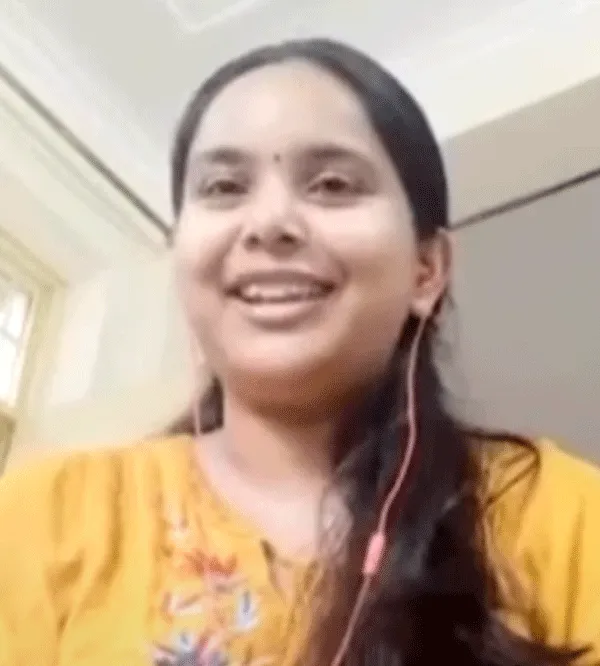Today's toppers were yesterday's aspirants. They don't do different things. They just do the right things differently. Toppers’ Corner is your place to discover the SUCCESS MANTRAS of the toppers. Explore their stories, strategies, analyze their copies, see how they achieved top scores, their profile, and more!

P K SIDHARTH
AIR-4 | 2023

NAUSHEEN
AIR-9 | 2023

MEDHA ANAND
AIR-13 | 2023

AYAN JAIN
AIR-16 | 2023

ANSHUL BHATT
AIR-22 | 2023

SAURABH SHARMA
AIR-23 | 2023

ISHITA KISHORE
AIR-1 | 2022

GARIMA LOHIA
AIR-2 | 2022

UMA HARATHI N
AIR-3 | 2022
UPSC IAS Preparation Strategy by KASTURI SHA, AIR-68, UPSC CSE-2023
Kasturi, who secured an impressive All India Rank of 68 in her first attempt at the UPSC Civil Services Examination 2023, shares her comprehensive strategy for preparing for the prelims and mains, emphasizing patience, practice, and an adaptive approach.
Prelims Strategy:
- Importance of Patience and Practice: Kasturi highlights the significance of taking multiple tests, including sectional and comprehensive tests, to identify strengths and weaknesses. Consistent effort and maintaining patience despite initial low scores are crucial.
- Open Thinking and Adaptability: Keeping a calm mind and being flexible to adapt to unexpected changes in question patterns is essential. She advises against rigid thinking and stresses the importance of presence of mind during the exam.
- CSAT (Paper II) Strategy: Focus on strong areas first, such as English comprehension, before tackling weaker areas like math. Reducing errors and managing time effectively are key to improving CSAT scores.
Mains Strategy:
- Answer Writing and Revision: Regular answer writing practice, revising content, and seeking feedback are vital. Kasturi practiced writing answers within a limited time to improve presentation and coherence.
- Note Making: For mains, she created notes with examples, statistics, facts, and quotes to enrich her answers. She used diverse sources like newspapers, websites, and topper copies to gather relevant information.
- Thematic Preparation: Identifying recurring themes from previous years' questions and preparing comprehensive notes on these themes helped her focus on important topics.
Ethics Preparation:
- Sources and Presentation: Kasturi used the book "Ethics, Integrity, and Aptitude" by Lexicon and supplemented it with class notes. She emphasized the importance of presenting answers effectively, using quotes, case studies, and examples.
- Time Management: She prioritized case studies in the ethics paper and practiced completing the paper within the time limit. Using subheadings and linking answers to the syllabus keywords enhanced her responses.
Interview Preparation:
- DAF Preparation: Kasturi focused on drafting her Detailed Application Form (DAF) carefully, anticipating questions related to her hobbies, achievements, and educational background. She practiced answering these questions with confidence.
- Current Affairs and Mock Interviews: Reading two newspapers, The Hindu and Indian Express, helped her stay updated on current affairs. She took around 14 mock interviews to get accustomed to the interview environment and refine her responses.
- Personality and Body Language: She emphasized the importance of presenting oneself confidently and humbly, being honest about unknown answers, and engaging in discussions with senior bureaucrats to understand their perspectives.
Support System and Mental Health:
- Emotional Support: Kasturi credited her success to the unwavering support of her parents, friends, and teachers. Maintaining emotional health through a strong support system is crucial.
- Study Partner: Studying with a partner helped relieve mental pressure and facilitated better understanding through discussions.
Kasturi's journey to becoming a UPSC topper exemplifies the importance of patience, consistent practice, and a wellrounded preparation strategy. Her insights provide valuable guidance for UPSC aspirants aiming to excel in the Civil Services Examination.
































